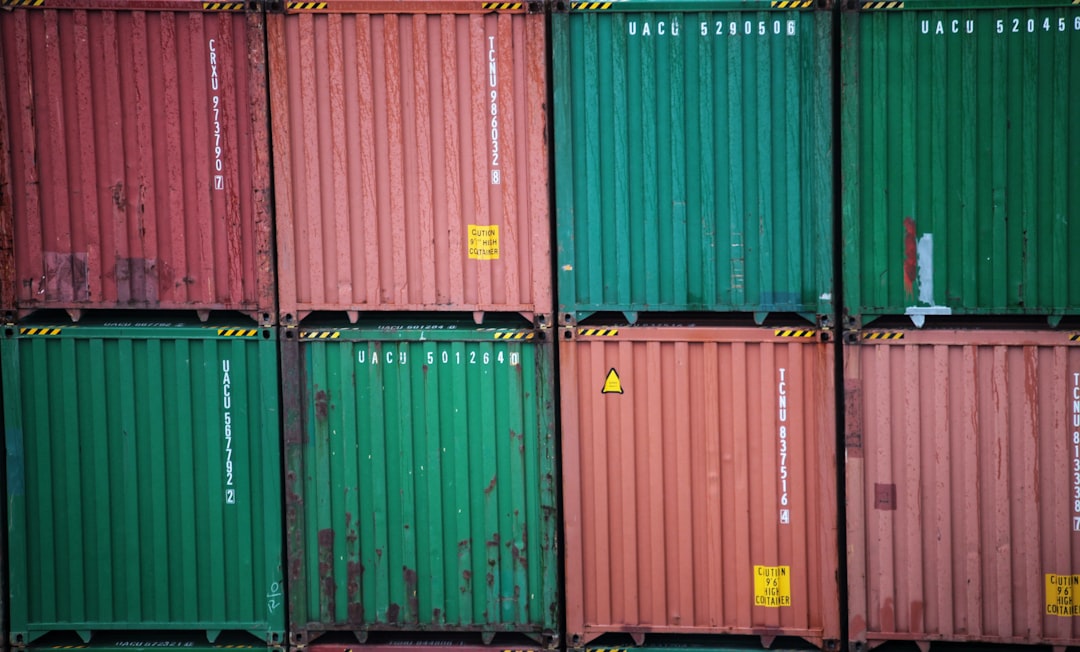No products in the cart.
Reimagining Supply Chains in a Post-Trump Era
Trump 2.0 is reshaping global supply chains, presenting challenges and opportunities for young professionals in a rapidly changing economy.
As the world rebounds from the pandemic, a familiar name resurfaces, threatening to rip apart the fragile tapestry of global supply chains: Donald Trump. With whispers of a Trump 2.0 echoing through the business corridors, companies are bracing for a seismic shift that could redefine the landscape of trade and economics.
In this new chapter, the implications are profound, especially for the younger generation of professionals and entrepreneurs poised to navigate these turbulent waters. The supply chain chaos we witnessed during the pandemic was just a prelude, a warning sign of the complexities that lie ahead. Now, as tariffs rise and regulations tighten, young innovators must adapt or risk being swept away.

Historically, Trump’s administration was a tumultuous period for international trade. Policies such as tariffs on Chinese goods were designed to protect American industries but often resulted in higher prices and supply shortages. As we move into a potential Trump 2.0 era, the stakes are even higher. The conversation around supply chains has evolved; it’s no longer just about cost-cutting but about resilience, sustainability, and adaptability.
Take, for instance, the story of Anna Chen, a 27-year-old entrepreneur from San Francisco. She launched her eco-friendly packaging startup amid the pandemic, driven by a passion for sustainability. But as Trump’s policies loom, she faces new challenges: rising costs and uncertain access to materials. “I never thought I’d have to navigate politics to keep my business afloat,” Anna shares, her voice tinged with frustration and resolve. “But now, it’s a reality we all have to face.”
Across the globe, young professionals are grappling with the implications of shifting trade policies on their careers.
Anna’s story is not unique. Across the globe, young professionals are grappling with the implications of shifting trade policies on their careers. The gig economy, once a beacon of flexibility and opportunity, now feels the strain of an unpredictable landscape. Companies that once thrived on global networks are rethinking their strategies, often at the expense of freelancers and gig workers who rely on those networks.
But it’s not all doom and gloom. Adversity often breeds innovation. In the face of this uncertainty, many young professionals are stepping up, finding creative solutions to the challenges posed by shifting supply chains. For instance, the rise of local sourcing is gaining momentum as businesses look to reduce dependence on foreign goods. This trend not only supports local economies but also fosters a sense of community and resilience.
Moreover, technology plays a pivotal role in this evolution. With advancements in artificial intelligence and blockchain, supply chains are becoming more transparent and efficient. Startups are emerging, focusing on providing solutions that enhance visibility and traceability in supply chains, allowing companies to make informed decisions amidst the chaos. This tech-driven shift is particularly appealing to the 16-35 demographic, who are not only digital natives but also eager to champion sustainability and ethical practices.
Yet, the question remains: how can young professionals prepare for this new reality? The answer lies in embracing adaptability and continuous learning. As the landscape shifts, so too must their skill sets. Programs focusing on supply chain management, digital marketing, and sustainability are more crucial than ever. Additionally, networking within local and global communities can provide support and resources needed to navigate these changes.
Looking ahead, a few key trends are likely to shape the future of supply chains in a post-Trump world:
As the landscape shifts, so too must their skill sets.
- Increased Automation: As companies seek efficiency, automation will play a larger role in supply chain management, creating new job opportunities in tech-driven roles.
- Focus on Sustainability: The push for greener practices will continue to influence supply chain strategies, making sustainability a core component of business models.
- Local Sourcing Initiatives: Businesses will increasingly turn to local suppliers to mitigate risk, offering opportunities for young entrepreneurs and freelancers.
- Technology Integration: The integration of AI and blockchain will enhance transparency, creating a demand for tech-savvy professionals who can manage these systems.
In conclusion, while the threat of disruption looms large, it is also a call to action for the next generation of professionals. Embracing change, fostering resilience, and leveraging technology will be pivotal in navigating the complexities of a new economic landscape. The future may be uncertain, but for those willing to adapt and innovate, it also holds tremendous potential.











